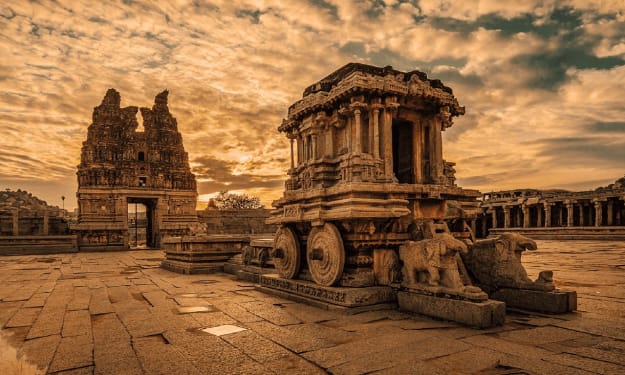What Was There Before The Big Bang?
What Was There Before The Big Bang?

The question of what existed before the Big Bang remains one of the most profound and elusive in cosmology. Despite advances in science and technology, we still do not have a definitive answer. Various theories attempt to address this mystery, yet none have conclusively solved it. This area of inquiry exists in the realm of unknown unknowns, where our current understanding of physics fails, leaving us to ponder philosophical possibilities.
Some theories suggest that the principles of energy conservation and entropy might offer insights into the pre-Big Bang state. Energy conservation states that energy cannot be created or destroyed, only transformed. Entropy, the measure of disorder in a system, implies that the universe is always moving towards greater disorder. However, these principles alone cannot provide a clear picture of what existed before time itself began.
Another intriguing question is what the universe is expanding into. At first glance, it seems logical to think of the universe expanding into pre-existing space. However, the reality is more complex. The universe is not expanding into anything; instead, space itself is expanding. This concept defies our everyday understanding of space and distance. Imagine an inflating balloon: as the balloon inflates, its surface area increases, but it does not expand into the air around it. Similarly, as the universe expands, it is the fabric of space-time that stretches, not an expansion into a pre-existing void.
This leads to apparent paradoxes. If space is expanding but not into anything, then the universe has no edge. An edge would imply a boundary, a point beyond which there is nothing, but such a concept does not apply to the universe. If the universe has no edge, does that mean it is infinite? An infinite universe would imply infinite matter and energy, which contradicts cosmological theories that rely on a finite amount of energy for their equations to work.
Some theories propose that our universe might be just one of many in a larger multiverse. Imagine galaxies and stars forming, collapsing, and giving birth to new ones within a single universe. What if this process happens on a grander scale, with entire universes forming, collapsing, and being reborn within a higher-dimensional space—a superverse? This idea challenges our current understanding because we lack the means to measure or observe beyond our universe. Time as we know it might be a local phenomenon, with different rules applying in the broader multiverse. There could be extra dimensions beyond our perception, and our universe might be a three-dimensional object embedded in a four-dimensional space.
Considering the nature of time, it is a fundamental property of our universe. Evaluating the concept of time before the Big Bang is problematic because time, as we understand it, did not exist. Even within our universe, time is not uniform; some places experience time at different rates, as illustrated by the theory of relativity. For example, near massive objects like black holes, time slows down compared to regions further away. Photons, the particles of light, experience no passage of time. For a photon, the moment of emission and detection is instantaneous, even if billions of years pass in our frame of reference. This shows how time can vary dramatically depending on the context.
The Big Bang was not an explosion in space but an expansion of space itself. Before this expansion, the universe was incredibly hot and dense. Some theories suggest it might have been infinite in extent even then. The observable universe is just a small fraction of the entire cosmos, with much more lying beyond our current observational capabilities. As the universe expands, it creates space rather than expanding into it. This concept is difficult to grasp but aligns with our observations and theoretical models. The idea of an infinite universe that is also expanding is challenging but fits within the framework of our current understanding.
Our understanding of the universe is still in its infancy. The questions of what existed before the Big Bang, what the universe is expanding into, and the nature of time itself are profound and complex. They push the boundaries of our knowledge and challenge our perceptions of reality.
About the Creator
Enjoyed the story? Support the Creator.
Subscribe for free to receive all their stories in your feed. You could also pledge your support or give them a one-off tip, letting them know you appreciate their work.





Comments
There are no comments for this story
Be the first to respond and start the conversation.